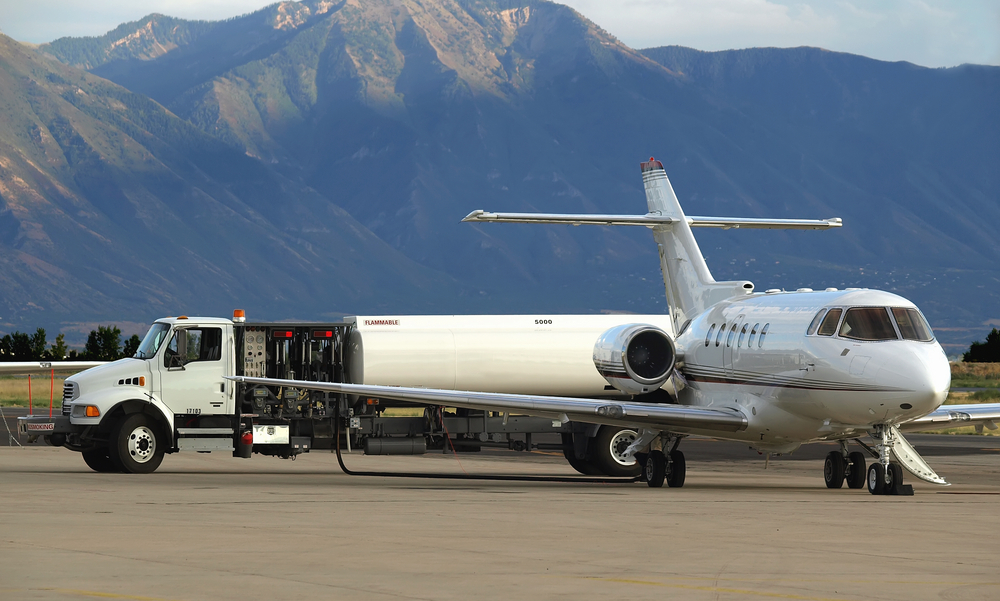
Throughout its tenure, the Trump Administration has implemented a variety of tax cuts and credits — many of them in the original Tax Cuts and Jobs Act (TCJA) of 2017. However, with the signing of the 2020 appropriations bill in December, yet another has been added to the list — the Biodiesel Income Tax Credit.
The Biodiesel Income Tax Credit originally expired on December 31, 2017, but was retroactively extended through December 31, 2022 by the Trump Administration. The incentive rewards taxpayers delivering biodiesel, agri-biodiesel, or renewable diesel fuels to the tune of $1 per gallon, redeemable as a credit against the taxpayer’s income tax liability. The credit applies up to two years retroactively.
The rise of sustainable biofuels
 While the tax credit isn’t an outright benefit to jet owners, the BizAv community benefits. The purpose of the credit — to promote and encourage the development of sustainable aviation fuels (SAF) — aligns with the industry’s self-imposed goal of carbon-neutral growth, set in 2010.
While the tax credit isn’t an outright benefit to jet owners, the BizAv community benefits. The purpose of the credit — to promote and encourage the development of sustainable aviation fuels (SAF) — aligns with the industry’s self-imposed goal of carbon-neutral growth, set in 2010.
The Sustainable Aviation Fuels Coalition (SAFC) — which includes the European Business Aviation Association, General Aviation Manufacturers Association, International Business Aviation Council, National Air Transportation Association, and National Business Aviation Association — has lauded the revival of the credit. The coalition believes the growing awareness and commitment to sustainability and carbon-neutral growth will encourage more jet biofuel makers to explore SAFs, creating demand within the industry.
The impact of SAFs is very real and continues to be a driver of environmental responsibility within BizAv. According to some estimates, SAFs are responsible for reductions in CO2 emissions up to 80%.

Beyond simply a tax incentive
Although biodiesel is already popular with jet owners, demand hasn’t been able to suppress price. In something of a vicious cycle, many jet owners have elected not to use SAFs despite interest, using cheaper fuels instead.
Reuters reports that in September 2019, 95 U.S. biodiesel plants produced 142 million gallons of the fuel, down from 164 million gallons a year earlier, according to the Energy Information Administration. The drop in demand likely coincides with the expiration of the tax credit in December 2017. Now, with the revival of the highlighted Biodiesel Income Tax Credit and increased emphasis on environmental concerns, jet owners may be more likely to consider SAFs. Analysts expect demand for SAFs to rise again in 2020. And with increased demand and the tax perks now associated with biofuel production, the price of SAFs may fall to a more appealing level for jet owners.
Going beyond renewed demand for biofuels, many industry analysts are hoping for increased demand in biofuel varieties as well. Innovations in fuel derivatives promise to make SAFs even more efficient alternatives to traditional diesel, with the potential to drastically cut carbon emissions and leave a cleaner planet for the generations to come.
To learn more about claiming the Biodiesel Income Tax Credit, please visit the IRS website or the EPA section on Fuels Registration, Reporting, and Compliance Help.